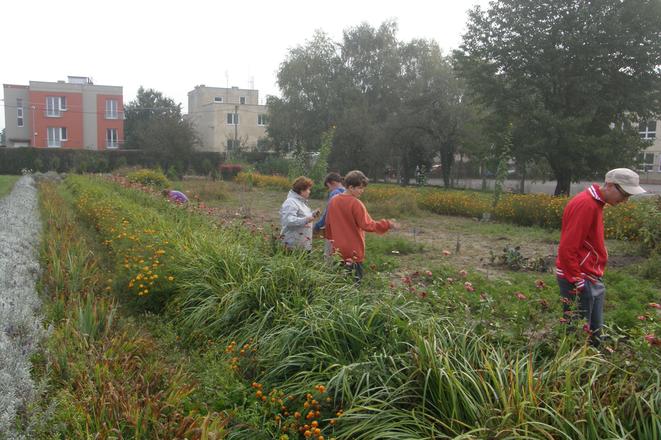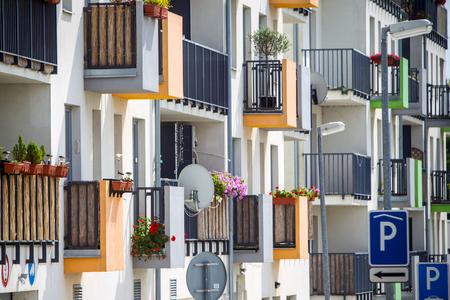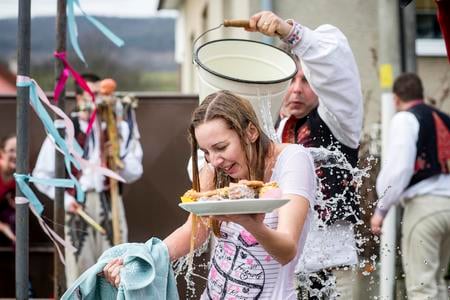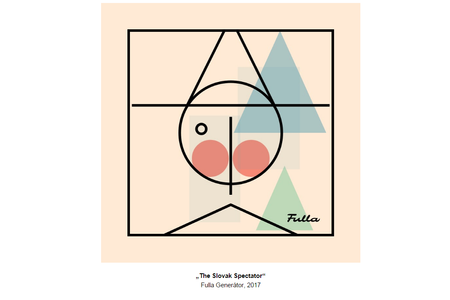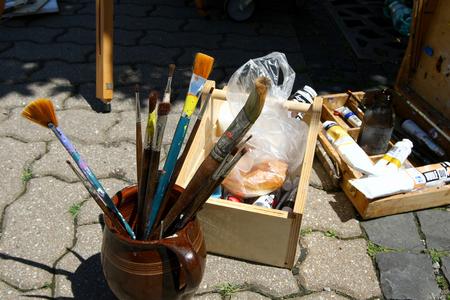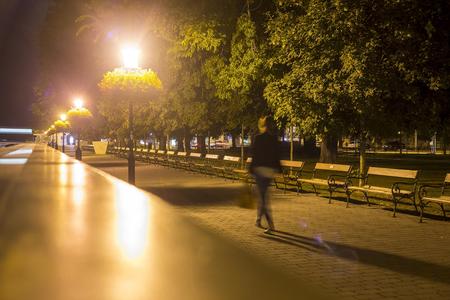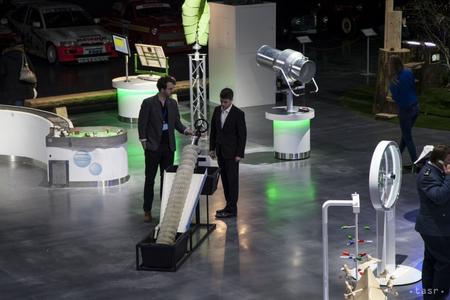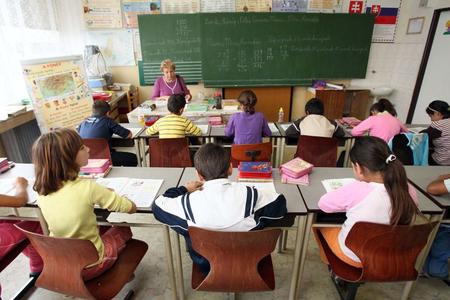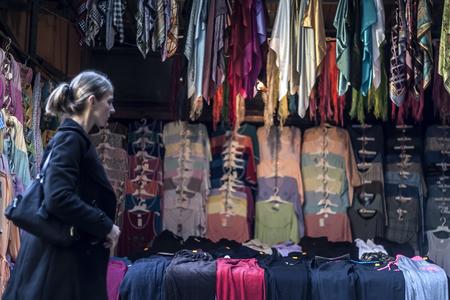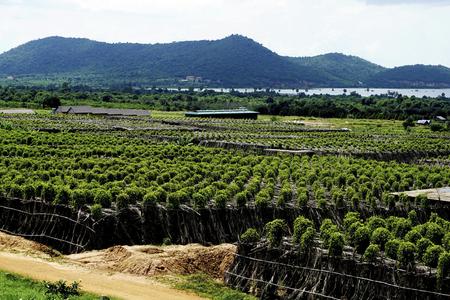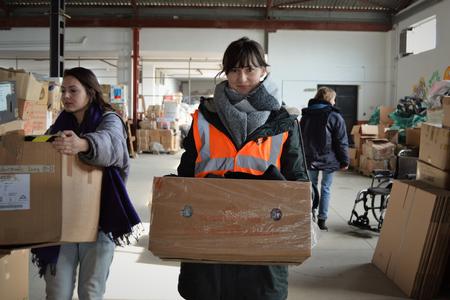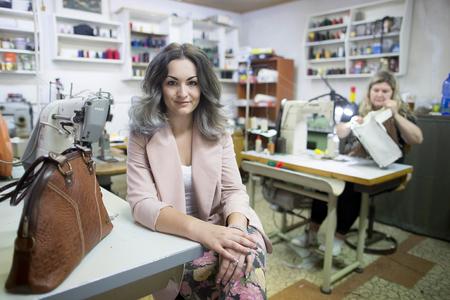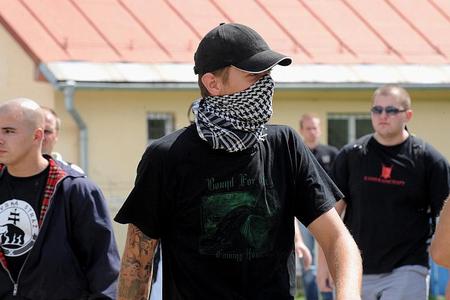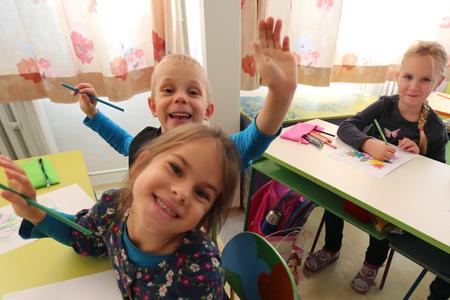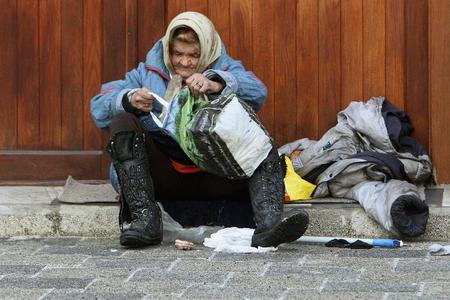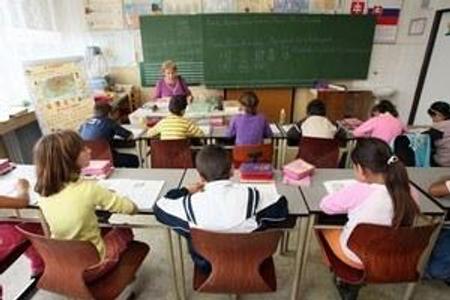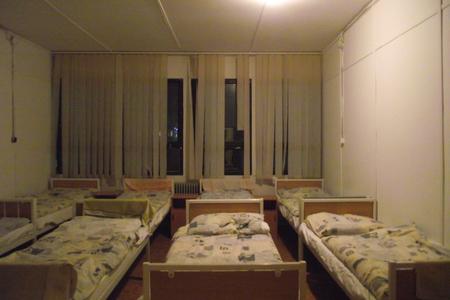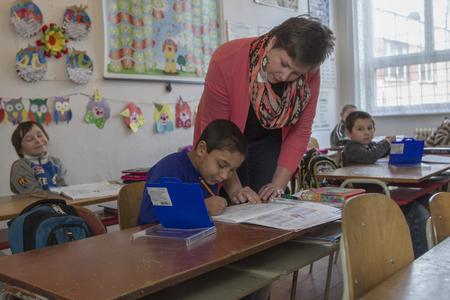- Election 2020: Igor Matovič marks an historic victory over Smer Photo
- Are you a foreigner about to leave Slovakia? Prepare for never-ending bureaucracy
- From photo album to citizenship application: One man’s search for his Slovak roots Photo
- Who do Slovaks marry the most among foreigners?
- Ová and out: Slovak women dropping female suffix from surnames
- Anti-Covid measures for Christmas announced in Slovakia
- From attorney and activist to president of Slovakia. Who is Zuzana Čaputová?
- Rare brain-eating amoeba kills child in Slovakia
- News digest: Slovakia like Austria or Switzerland? Fico stirs the neutrality pot
- Fico lashes out at EU plan to end Russian gas imports
- Bratislava, a blessing or a curse? Audio
- From not knowing an English word to being a noted radio announcer in the US Video
- New nature trail opens in Bratislava’s Petržalka forest Photo
- Transaction tax is met with backlash
- Companies want more than just a perfect CV – they want character
- Bratislava, a blessing or a curse? Audio
- Largest companies that help search for jobs or employees
- News digest: Former SIS chief acquitted of corruption charges
- Rare brain-eating amoeba kills child in Slovakia
- A major transformation awaits recruitment agencies
- How Bratislava’s elites are terrorising Slovakia – and themselves
- Moody’s joins major agencies in confirming Slovakia’s rating
- Archaeologists find a cross unlike any other Photo
- Bratislava, a blessing or a curse? Audio
- The boat is ready. The lake, less so. Photo
- Last Week: From Uzbekistan, with love
- How Bratislava’s elites are terrorising Slovakia – and themselves
- Largest companies that help search for jobs or employees
- Bratislava Zoo spruced up as part of volunteering initiative
- A major transformation awaits recruitment agencies
- From ‘You’re a champ’ to ‘You saved my life’: A Slovak guide to saying something nice
- Bratislava, a blessing or a curse? Audio
- Bratislava’s skyline is on course to change dramatically
- The boat is ready. The lake, less so. Photo
- How Bratislava’s elites are terrorising Slovakia – and themselves
- Slovakia ranks near bottom in EU prosperity. What went wrong?
- Slovakia hosts major football tournament for the first time in decades
- Weekend: Something for lovers of powerful machines Photo
- Last Week: From Uzbekistan, with love
- News digest: Slovakia like Austria or Switzerland? Fico stirs the neutrality pot
- Rare brain-eating amoeba kills child in Slovakia
- New nature trail opens in Bratislava’s Petržalka forest Photo
- Fico lashes out at EU plan to end Russian gas imports
- Justice minister seeks to overturn plea deal in high-profile bribery case
- From not knowing an English word to being a noted radio announcer in the US Video
- Transaction tax is met with backlash
- News digest: Former SIS chief acquitted of corruption charges More articles ›


